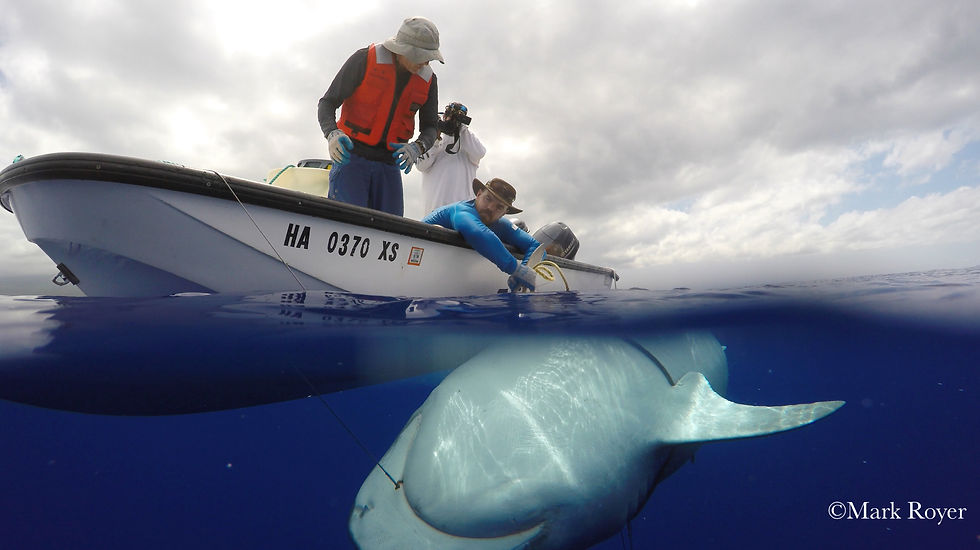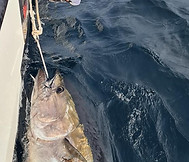
The Payne Lab

WHAT
WE DO
We have a broad interest in ecology and marine biology, but here are a few research themes we are currently most excited about!
To see our PUBLICATIONS, go to our Scholar page

TEMPERATURE, METABOLISM AND PERFORMANCE
Temperature has a profound influence on the physiology and fitness of ectotherms, but we still have much to learn about the mechanisms by which temperature governs the functioning of biological systems. Our lab uses a wide ranges of approaches - from bio-logging with wild animals to laboratory experimentation and theoretical modelling - to explore how temperature regulates individual performance of animals, and how that relationship might then set limits to the environments they can inhabit in nature. We think this kind of knowledge is very important for predicting how species will respond to future changes in environmental temperature.
You can check out some of our papers on temperature and performance here:
MOVEMENTS AND DISTRIBUTIONS OF FISHES
Climate change is driving a redistribution of life across the globe, so it's never been more important to have good tools for measuring and forecasting movements of animals. We use a combination of satellite tracking and analyses of citizen science occurrence records to model spatial ecology of large fish species, and especially try to understand how environmental variables like temperature regulate where the fish go and when.
PROMOTING SUSTAINABLE MARINE TOURISM
Interacting with nature can provide lots of benefits to people and society, and can play an important role in conservation if wildlife interactions are carefully managed. We use tools like biologging and respirometry to measure the different ways fishes respond to popular ecotourism activities like recreational angling and cage diving, with a view to help inform the best practices to minimise negative impacts of marine tourism.

Conservation Physiology - 2022
REGIONAL ENDOTHERMS: A SPECIAL GROUP OF FISHES
We love all fishes here at the Paynelab :). But some species are particularly fascinating in how they link form to function. While around 99.9% of fishes are ectotherms ("cold-blooded"), about 30 species have evolved incredible anatomical innovations to help retain metabolic heat; these "regional endotherms" are famous for their high-power athletic lifestyles and classically involve mainly the famous apex predators like great white sharks and giant tunas. But as we learn more about these regional endotherms, the more questions are being raised about how common warm-bodiedness is in fishes, and what advantages and costs come with this unusual strategy.














